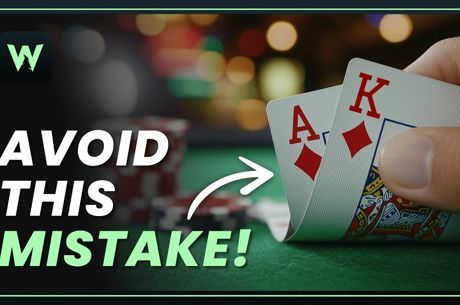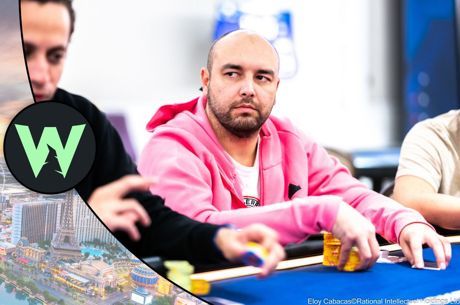Pocket Sixes Versus an Reraise Shove: What Do You Do?

DECISION POINT: In a no-limit hold'em tournament it folds to you in the hijack seat and you raise with 6♠6♥. The cutoff folds and the button reraises all in. Both blinds fold. Action is on you...
PRO ANSWER: Any time your opponent is all in, you should determine your pot odds. In this case, there are around 8,000 chips in the pot and it costs you an additional 4,950 to call, giving you pot odds of 8,000-to-4,950 or about 1.6-to-1.
Given these odds, you need to have at least 38 percent equity in the hand to continue (1.6-to-1 is roughly equal to 62-to-38). Another way to calculate the equity needed to call is to divide the call amount by the total future pot size (4,950/12,950 = .38 or 38 percent).
Holding 6♠6♥, we are likely to have more than 38 percent equity against most opponent's hand ranges. We have just over 38 percent equity against the hand range of 77+, AJs+, KQs, AJo+, and KQo (that is, pocket pairs sevens or higher, ace-jack or higher, and king-queen, including suited and offsuit versions of all).
Thus we can use this hand range as a milestone for our estimated profitability. If our opponent has this hand range or wider, we should call. If our opponent has a narrower hand range than this, we should fold.
Many opponents will reshove their 15-big blind stack with a much wider hand range than this, therefore we should call this all-in push as our default play. We would need information that a specific opponent reshoves only with fewer, more premium hands in order for us to fold this hand preflop.
However, in general, calling this preflop all-in is the best play.
LearnWPT is a poker training site dedicated to transforming the poker games of rank beginners, skilled amateurs, and aspiring professionals. Offering both and , is a one-stop shop for poker education, designed to provide all the tools a player needs to become a winner. . LearnWPT.com - Think Like a Pro!









